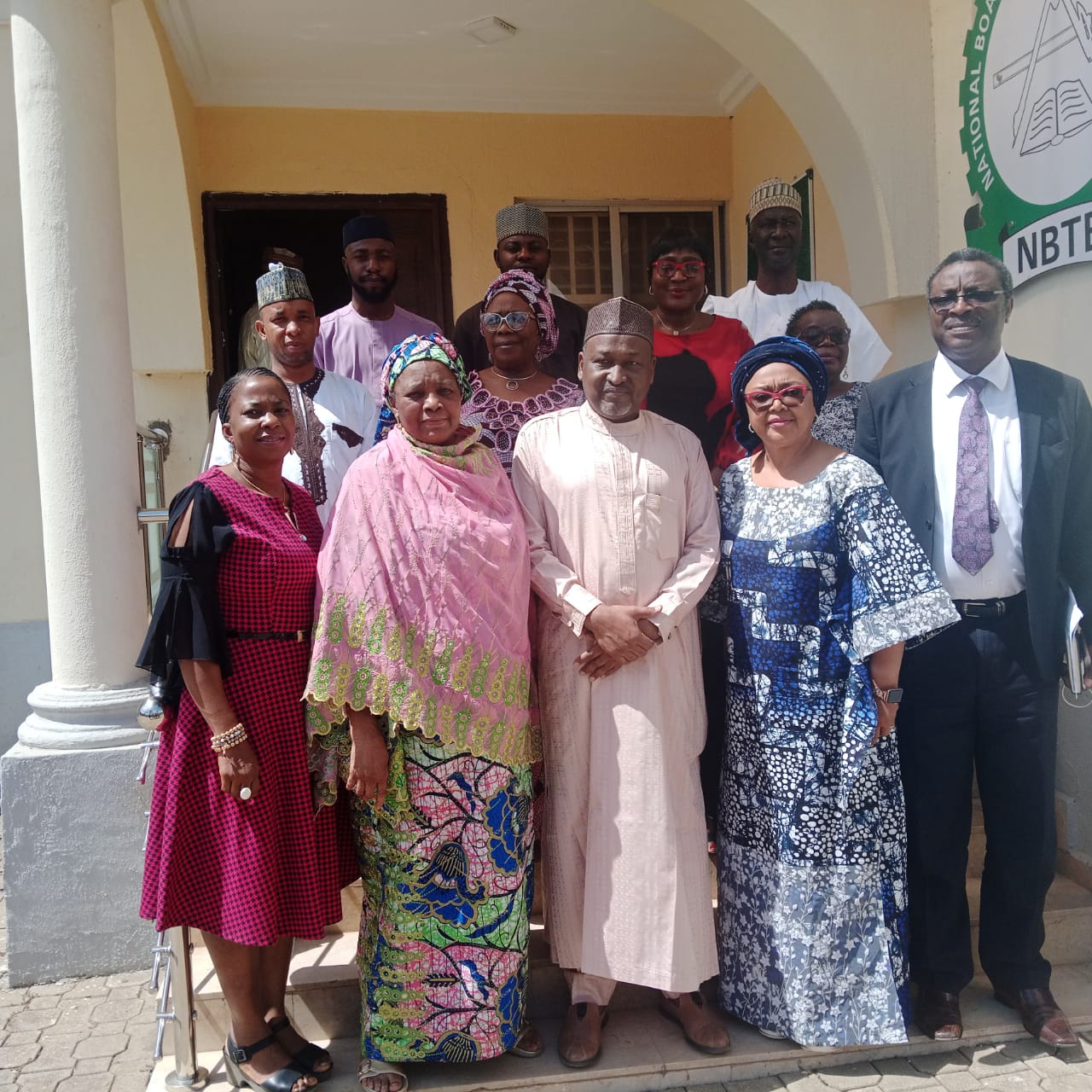
The Executive Secretary, National Board for Technical Education (NBTE), Prof. Idris Bugaje, says the board has made a proposal for the provision of funding for National Occupational Standards (NOS) and national skill development in the country.
Bugaje said this in Abuja on Wednesday at an Advocacy Roundtable and Media Brief of the Skills Care Development Organisation (SCDO) organised by the Sector Skills Councils (SSC) for Education and Social Care.
He said the funding would come through the National Skills Qualification Framework (NSQF) Acts which had been submitted to the presidency, while hoping it would be accepted by 2023.
According to him, the proposal for funding might be a percentage of deduction from tax or other means.
” Over the years, the NSQF was rolled out and the Sector Skills Councils were formed. And we would like Sector Skills Council ready to champion the promotion of skills.
” The development of NOS is something which you would like to hand over to the different sector skill council in the next two years and not more than that, because that’s primarily their job.
“We want this thing to be industry driven. And that’s why chairmanship and leadership of the sector skill councils is largely from the private sector. And that’s how it is done globally.
” Today, skills have become at the center stage of employment all over the world. In fact, the relevance of universities and polytechnics, conventional ones is diminishing by the day.
“And in the next 20 years, even universities overseas will be at a loss. I mean, they will be losers. They will not get students provided if they don’t change, if there’s no paradigm shift to skills,” he said.
Bugaje added that the labour market was looking at skills more than certificates, hence the more reason priority should be given to skill development.
He said the country would be on the path of creating skills as well as making the youths employable for the labour market if the act receives assent.
Also, Council Chairperson, Sector Skills Councils for Education, Dr Angela Ajala, said school curriculum is now shifting into skills, saying it is important to key into the new trend.
Ajala said that schools are now involved in the teaching of skills through the integration of NSQF into trade subjects in secondary schools.
“We are working with the relevant government agencies to develop a policy and a face plan to enable the integration of the trade subjects and we want to begin to take the trade subjects to have a level of certification.
” The Federal Government in its wisdom approved the NSQF in 2013, now It’s a private sector driven initiative the aim is to see how we can begin to put together with our degrees skills and competencies that will deliver the jobs we want to do.
” You will all agree with me that curriculum is shifting to skills especially entrepreneurial skills as the present curriculum will not take the future leaders we are grooming to their dream land.
” The present curriculum will not address the market demands that are globally relevant and that will benchmark every child to be able to perform in the market place.
” And so with the introduction of the NSQF, this is a major game changer in the education sector because we are going to be looking to how we are going to catch them young,” she said.
Meanwhile, the Council Secretary, Dr Bukola Dosunmu, said there was need to professionalise care workers so as to better deliver on child rights issues and protections.
” By September 2020, we communicated with the office of the Executive Secretary to have some centres registered and approved with well defined criteria developed by the awarding body. Three centres in Abuja and one in Enugu were proposed.
“We are aware there are a lot of organisations involved in the training and providing certifications. It is our responsibility to get us all under this umbrella to ensure standards in
training and assessment of trainees with validated NOS strictly adhered to and to spread across the geo political zones.
“From 2020 to 2022, we have made consistent representation in the SSC space in Nigeria.
“Notable and worthy of note amongst several is the development of the Recognition of Prior Learning Framework (RPL), among others,” she said.
In the same vein, the Chairperson, Nigerian Institute of Welding, Dr Solomon Edebiri, commended the role of the SSC and the NBTE in making sure that Nigerians acquire skills in addition to their certificates.(NAN)